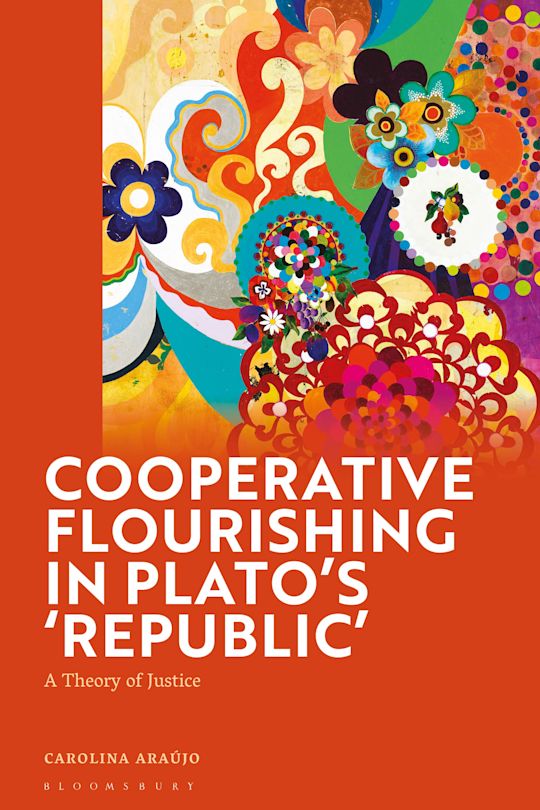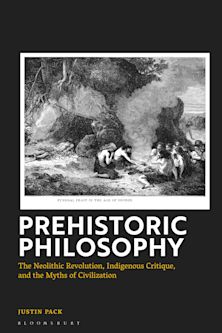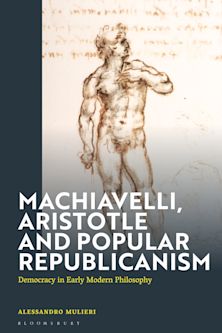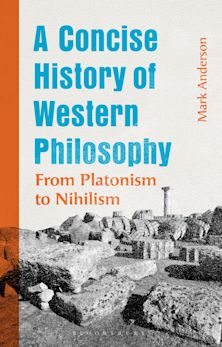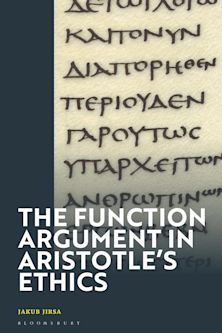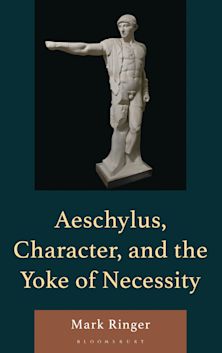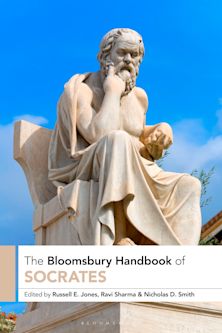- Home
- ACADEMIC
- Philosophy
- Ancient Philosophy
- Cooperative Flourishing in Plato’s 'Republic'
Cooperative Flourishing in Plato’s 'Republic'
A Theory of Justice
Cooperative Flourishing in Plato’s 'Republic'
A Theory of Justice
You must sign in to add this item to your wishlist. Please sign in or create an account
Description
In this pathbreaking interpretation of Plato's foundational text of political philosophy, Carolina Araújo reveals how the Republic remains ripe for an interpretation grounded in notions of cooperation, flourishing and justice relevant to the diversity of contemporary life.
Plato's Republic has the Greek name of Politeia that Araújo translates as “the way of life of the citizens,” not “the State” or “the form of government” as it more traditionally rendered. Plato's treatise, Politeia, depicts the rich array of patterns emerging from human interaction and enquires into the best amongst them. Cooperative Flourishing in Plato's Republic returns to these important questions about society – how to live with a vast diversity of personalities, with different interests and abilities, all of them trying to flourish – and asks how best can we share our environment? With rigorous philosophical analysis of the Greek text, accompanied by original translations of the most important passages, Araújo upends mainstream scholarship to progress Socrates' “bottom-up” view of politics and rejects previous readings of the Republic as a proto-totalitarian text, psychological study or lengthy analogy.
By defending a theory of Platonic justice that is rooted in cooperative flourishing, the public education of all citizens and the contribution of philosophers to political life, “the beautiful city”, which Plato called Kallipolis, emerges as a hopeful possibility.
Table of Contents
Part I: Interaction
1. Desire and Reason
2. Thumos
3. Unreasonable Belief
4. Cognition
5. Power
6. Personality
Part II: Politeia
7. Thrasymachus
8. Socrates against Thrasymachus
9. Evil
10. Reasons for a City
11. Justice
Part III: Citizens
12. Popular Virtue
13. Community
14. The Good
15. Philosopher-King
16. Kallipolis
17. Flourishing
Conclusion
References
Index
Product details

| Published | 01 Dec 2022 |
|---|---|
| Format | Ebook (PDF) |
| Edition | 1st |
| Extent | 264 |
| ISBN | 9781350257047 |
| Imprint | Bloomsbury Academic |
| Publisher | Bloomsbury Publishing |
About the contributors
Reviews
-
Is Plato's Republic focused mainly on political institutions or on those who inhabit them? This superbly crafted book argues that Plato is most interested in who we are, as citizens, and to show how we need to cooperate with others in order not just to survive, but to thrive.
Nicholas D. Smith, James F. Miller Professor of Humanities Emeritus, Lewis & Clark College, USA
-
Thought-provoking and entirely original. Also, well-versed in an unusually wide range of scholarship. Araujo's account yields a Platonic conception of citizenship that is likely to inspire rather than to disturb the modern reader.
G.R.F. Ferrari, Melpomene Distinguished Professor of Classical Languages and Literature, University of California, Berkeley, USA

ONLINE RESOURCES
Bloomsbury Collections
This book is available on Bloomsbury Collections where your library has access.









